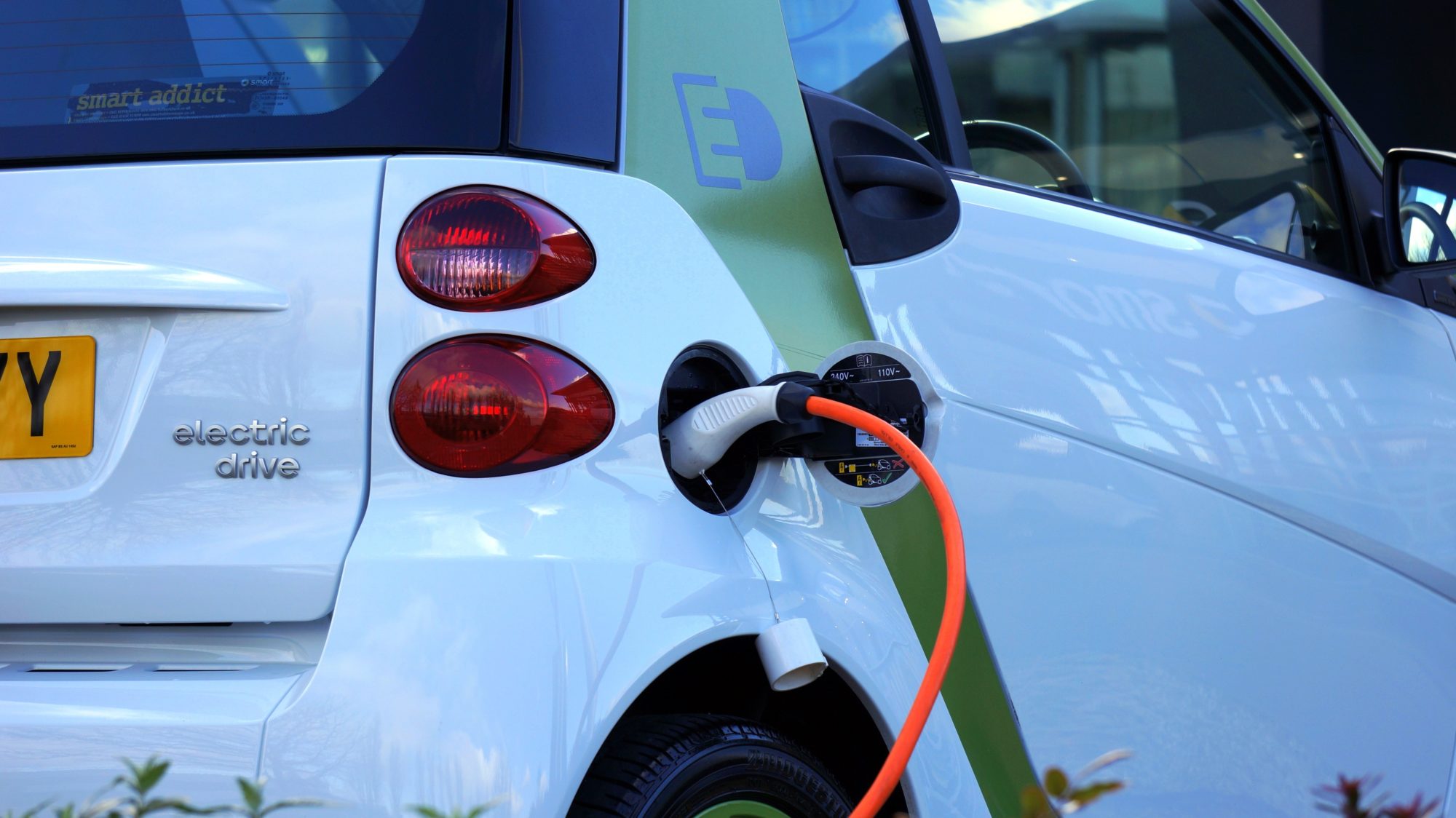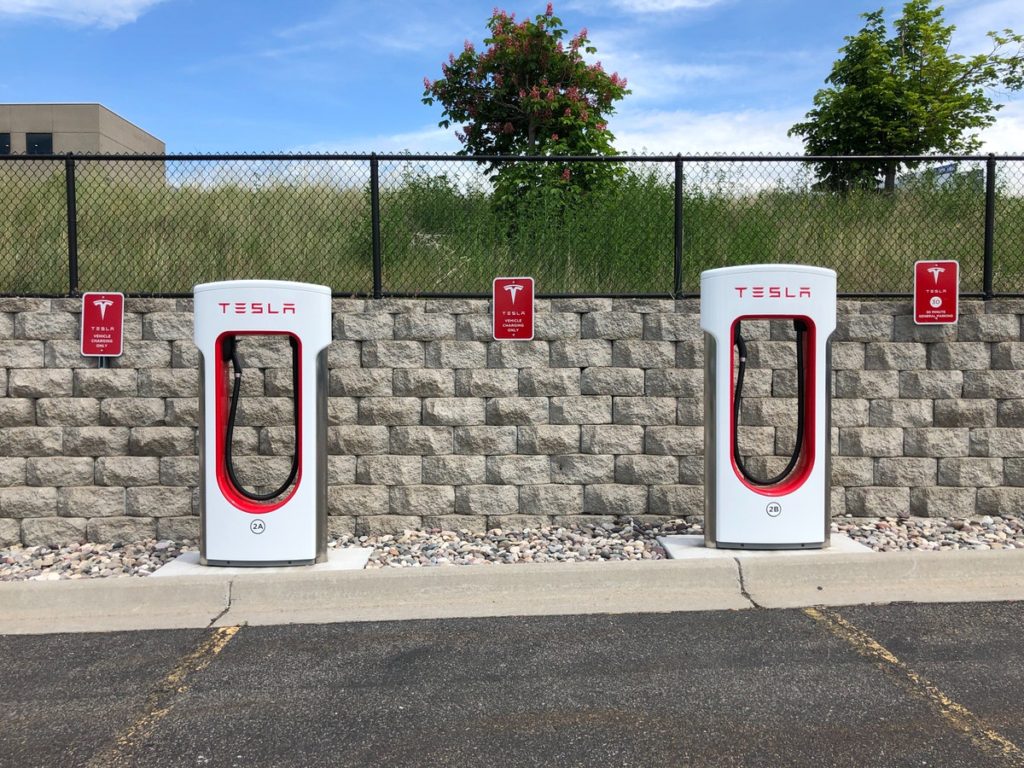electric cars: pros & cons

As technology improves and concerns about the environment grow, more and more customers are rejecting petrol and diesel engines in favour of hybrid or fully electric vehicles (EVs). In fact, there’s a high probability that at some point within our lifetimes, everybody will be driving electric vehicles. It has even been suggested that by the year 2040, electric cars will make up around 50% of new car sales globally. With new charging points popping up around our streets, car parks and garages, it is somewhat of an inevitability that we are moving into electric motoring which looks to be, a complete revolution of personal transportation.
Unlike petrol and diesel cars, electric vehicles work without an engine and gears. Electric current is used to power a motor that generates energy into turning force and movement. As a result, there’s no need for a clutch or gear stick with the primary means of driving being simply accelerating and braking. Until recently, many consumers rejected fully electric cars as a result of “range anxiety” or the fear being stranded when your cars electric batteries run out of power, opting for the protection of hybrid options instead. However, improvements in electric motors mean that long-range offerings are much more prevalent nowadays and will continue to be as technology improves and demand increases.
It’s no small decision, so if you are thinking of investing in an EV, read on to learn more about the pros and cons of going fully electric:

advantages
Quiet
One of the biggest attractions of EV’s for many people is that they are significantly quieter than standard car engines. They produce very little sound meaning that noise pollution in heavily congested areas could be reduced dramatically if more people take the electric approach. Critics of EV’s suggest that the quietness of electric cars makes them more of a hazard for other road users since we often hear cars before we see them, however as we become more used to quieter cars, this risk will diminish.
Home recharging
EV’s can easily be charged at home as they are compatible with the standard domestic socket. Just like charging your phone or tablet, many EV owners opt to plug their cars in overnight so that when they wake up it’s fully powered up and ready to go. You can also charge when you’re out and about; as EV’s grow in popularity, more and more public charging points are appearing across the UK. The time an EV takes to charge depends on the size of the car and the type of battery it has however on average, the standard time for a fully electric car to charge using a standard mains electricity source is between 6-8 hours.
Cheaper running costs
Whilst electric cars are more expensive to purchase than most traditional cars, the difference soon balances out with things like petrol and road tax. The cost of charging an electric car is a fraction of the price of petrol, for 100 miles range you are unlikely to pay more than £4.00, which is remarkably cheap when you consider your weekly/monthly petrol expenses. What’s more, EV’s are exempt from road tax because of their low emissions, they do not have to pay the London Congestion Charge and in many public Pay and Display car parks, they can park for free.
No tailpipe emissions
Though technically not ‘zero emission’ because of the pollution produced during the process of generating electricity, EV’s are much kinder on the environment than standard fuel based cars. This is because they do not require an exhaust system, and therefore do not release harmful emissions into the atmosphere when being driven.
Maintenance
EV’s generally require less maintenance than traditional cars because they do not use oil to run or have nearly as many parts as a typical combustion engine. This means that EV’s require less frequent maintenance checks and are therefore cheaper to maintain. There will be fewer garages able to offer servicing on EV’s at the minute, however, over time the demand for EV mechanics will increase as more people begin to drive electric.
disadvantages
Limited range
Whilst manufacturers are working to increase the range of EV batteries, currently, the majority of electric-only vehicles will have a range of between 80-100 miles on a full charge. This is generally ok for most people, given that the average UK driver only covers 25 miles a day, however, those needing to travel longer distances may find the need for regular charging inconvenient.
Long charging time
The time it takes to recharge an electric car is much longer than the time it takes to put more fuel in your tank. On average, the more affordable EV’s can take between 6-8 hours, whilst some models can take up to 15-20 hours which is a massive inconvenience if you want to travel some distance. There are devices that can help to accelerate the speed of charging, although this is another cost to consider.
Higher initial investment
On average the more affordable end of the EV price spectrum is around £30-40,000, whilst for more expensive models you can expect to pay upwards of £80,000. For the majority of people, this is a staggering amount of money to pay for a car when you can get normal cars for much less. It is important to remember that additional running costs will be much lower and there are incentive schemes such as the UK Plug-in car Grant, which offers some money towards buying an EV.
Lack of choice
Although EV’s are becoming more prevalent, there is much less choice of electric than standard cars, when it comes to choosing the one for you. If you’re someone who cares about how your car looks this may be a drawback, although over the next few years more models are likely to be released into the market, as well as electric versions of existing popular models as the technology advances and demand spreads.
should I get an electric vehicle?
With the current offerings of EV’s on the market, fully electric cars are not yet suitable for everybody. If you’re someone who regularly drives long distances or use your car more than the average person, it may make more sense to drive a hybrid until longer range EV’s are available. With this being said, it is a good idea to start learning more about hybrids and electrics so that in the future when they become much more common you are able to find one that suits your needs. As they are still very much a work in progress, it is also likely that existing issues like charging time and high prices will be reduced and range will increase.
motorly is a credit broker, not a lender. Rates start from 6.9% APR. The rate you are offered will depend on your individual circumstances. Representative Example: Borrowing £5,500 over 48 months with a representative APR of 22.9% the amount payable would be £287 a month, with a total cost of credit of £1406 and a total amount payable of £6906.
